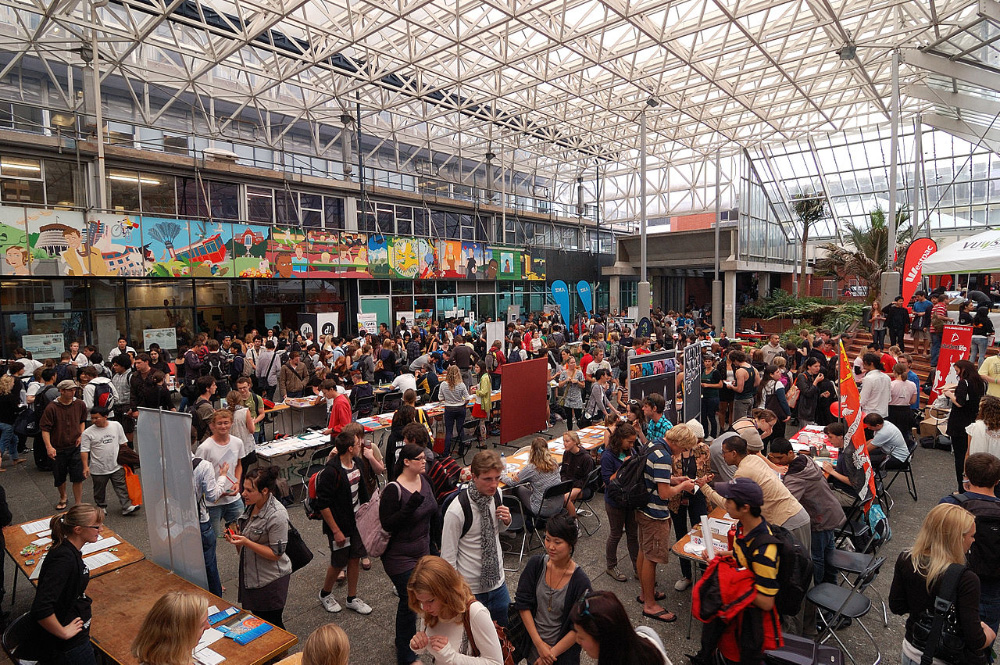Education institutes and their student associations love going all out during orientation week, or ‘O-Week’ as its affectionately known as in Australia. It marks the beginning of the academic year for universities and other tertiary institutes and it is at O-Week where students can grab free stuff, join a club and participate in activities like music performances or sports challenges.
But when everyone is trying to get your attention, does the O-Week environment really appeal to international students?
Ryan, an RMIT University student says he “didn’t [attend] the one in RMIT except for the first day, solely to register for the course”. But as a former University of Melbourne student, Ryan had already experienced O-Week in all of its grandeur. He was already accustomed to uni culture in Australia and had already established contacts and friends before entering RMIT.
Others who are much more fresh however do find the experience more beneficial. Wendy Xu, a Chinese international student, said at the time of coming to Australia everything was so new to her.
“In the beginning, I felt lonely and nervous, because I came to a new place and didn’t know anybody,” she said.
While Wendy felt the activities she experienced at her O-Week were a bit “so-so”, she did feel that when she got to play games with others it presented her “a good chance to meet new friends”. She also felt the information sessions for international students she received was beneficial too.
“It is quite useful because it is about the emergency contact or details that we need when we have any problems,” she said.
Ryan too feels similarly about the potential to find new friends or meet new people during O-Week.
“It is very, very likely that you’d make friends during O-Week because everyone there is new so even if you don’t break the ice, others would likely do it for you,” he said.
International students may however find that making new friends from different countries an exhausting experience. Many will default into making friends of the same nationality, finding comfort and ease in what’s familiar. Others may find that a sustained friendship with those you meet during O-Week, local or international, will become difficult to manage. With so many new people to meet scattered across numerous courses and subjects, some students will find that they may never come into contact with the people they meet at O-Week again.
Nonetheless, O-Week can still be a great time to join the clubs and associations that matter to you. It’s a great way of anchoring yourself to a supportive group in Melbourne. Being at O-Week can also advantage a student simply by letting them know what courses they’re interested in, in much greater detail.
So while it can be an overwhelming experiences, we feel it’s best that students lower their expectations for O-Week and do what they can to interact with their school community. You might not make friends with everyone you meet and that’s okay — these things often take time. Just enjoy the spectacle of O-Week and use it as an opportunity to also acclimate yourself to the kind of lifestyle that campus culture in Australia encourages.
This story was produced by Media and Communication students at Trinity College Foundation Studies as part of Meld’s community newsroom collaboration. Education institutions, student clubs/societies and community groups interested in being involved can get in touch with us via meld@meldmagazine.com.au.

